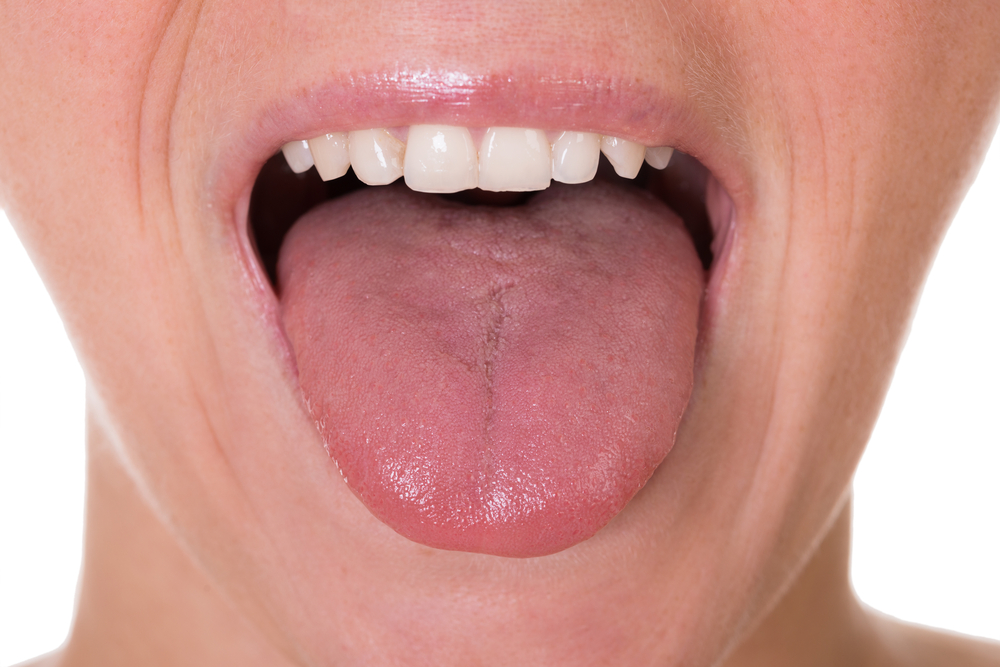Tongue Stimulation Could Give MS Patients Better Rehabilitation Outcomes, Study Suggests
Written by |

Multiple sclerosis (MS) patients given gentle electrical stimulation to their tongues during physical and cognitive rehabilitation training benefited more than those who did not have the stimulation, a small pilot study demonstrated.
Those who received the weak stimulation had significant improvements in balance and better scores than controls in cognition and other areas.
While the findings suggest that stimulation may enhance neuroplasticity in the brain, researchers underscore that the concept needs further testing. Neuroplasticity is the brain’s ability to make changes to compensate for injury and disease.
The study, “Non-invasive tongue stimulation combined with intense cognitive and physical rehabilitation induces neuroplastic changes in patients with multiple sclerosis: a multimodal neuroimaging study,” was published in the Multiple Sclerosis Journal: Experimental, Translational and Clinical.
Helius Medical Technologies developed the tongue stimulation device, called a Portable Neuromodulation Stimulator, or PoNS. The idea came from observations that electrical stimulation using surface electrodes improved gait, when combined with training.
The tongue can easily transmit signals to the brain, so it’s suitable for stimulation.
Researchers at the Montreal Neurological Institute at McGill University in Canada randomized 14 MS patients into two groups. Those in one group received stimulation. The others used a sham device which did not stimulate the nerves of their tongues.
Both groups received intense training. In the first two weeks it involved twice-a-day sessions supervised by research trainers. Training included balance, gait, motor control, and breathing and awareness. The breathing and awareness training was repeated a third time each day.
Patients continued the training at home for 12 weeks, with adjustments made every two weeks to fit their capabilities. All patients also took cognitive and working-memory training four times a week for 10 weeks.
Before the training started, researchers evaluated patients with extensive tests of movement and cognition. To see if the stimulation triggered changes in the brain, they performed brain scans during movement and cognitive tasks.
After 12 weeks of training, both groups showed significant improvement in cognition, including in working-memory tests. There was a tendency for those receiving stimulation to improve more, but the difference between the groups was not statistically significant.
Balance in the stimulated group improved more than in the controls. Gait was also better, but not statistically different. Brain imaging showed the motor cortex was activated only in those who received the stimulation, while the control group showed a different pattern of activation.
Those receiving stimulation also showed increased activity in a brain region linked to cognition.
“In this cohort of MS patients, the results suggest that PoNS stimulation can enhance motor performance and working memory while also driving neuroplasticity,” the team concluded.
“We would like to thank Drs. [Gabriel] Leonard, [Alain] Ptito and their team at the Montreal Neurological Institute for their work on this important study and congratulate them on this peer-reviewed publication,” Dr. Jonathan Sackier, Helius’ chief medical officer, said in a press release. “Understanding the additional, positive effects we are seeing with the investigational PoNS™ therapy, compared to physiotherapy alone, is core to our clinical development. This publication should prove insightful to two key caregivers, the physician and the therapist.”


